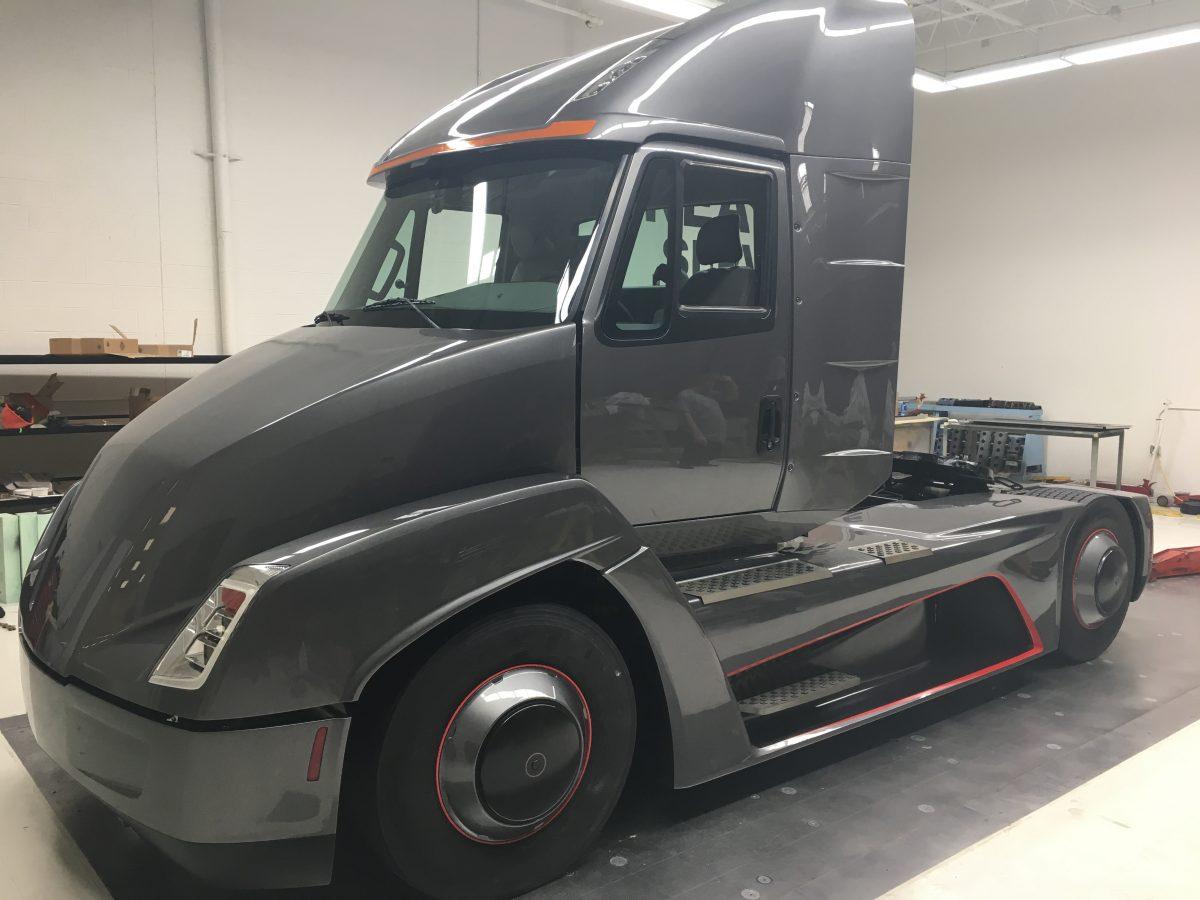The disparity of the kWh/mi numbers quoted by Tesla (<2 kWh/mi) and Nikola (up to 4 kWh/mi) was a curious point. The range of energy usage is well-known for EV sedans, but we do not yet have real-life numbers for heavy trucks.
However, a quick look on the Web found this:
The Port of Los Angeles and South Coast Air Quality Management District have demonstrated a short-range heavy-duty all-electric truck capable of hauling a fully loaded 40-foot (12 m) cargo container. The current design is capable of pulling a 60,000 lb (27 t) cargo container at speeds up to 10 mph (16 km/h) and has a range of between 30 and 60 miles (48 and 97 km). It uses 2 kilowatt-hours per mile...
Note the cargo weight of 60,000 lbs, the speed of 10 mph, and the 2 kWh/mi number.
For 100,000-lb trailer weight and 60-70 mph, what should a reasonable number be?
Source:
https://en.wikipedia.org/wiki/Electric_truck
The above Wiki article also describes an 18t truck operated since 2014 in Switzerland. Its power consumption is 1.3 kWh/km (2.1 kWh/mi). It is not a semi-truck, and the integral cargo box has solar panels installed on top. The nearly 200-sq.ft. of PV panels allows the power consumption to be reduced to 1 kWh/km (1.6 kWh/mi).
The above info brings up an interesting point. Detachable trailers can be easily retrofitted with solar panels which are now dirt cheap, and these can be tethered to the engine to provide some supplemental power. Unlike cars, truck trailers have a large flat-top that's easily put to use to mount solar panels.
...






